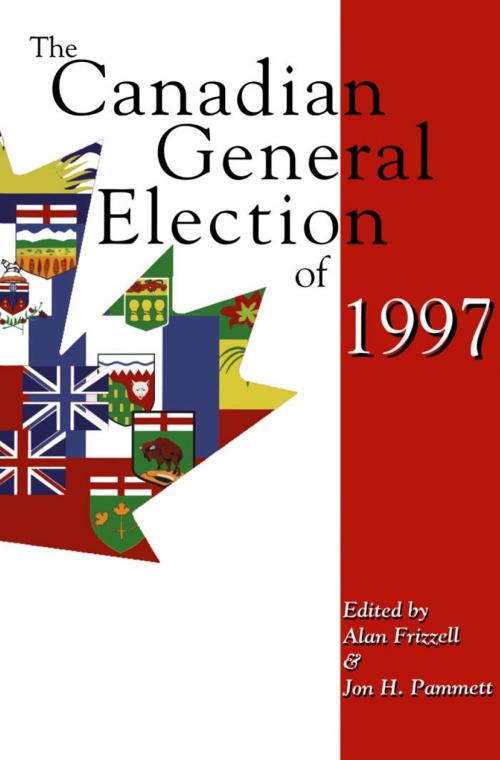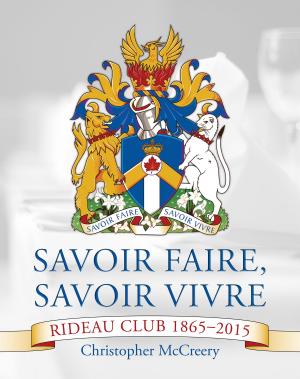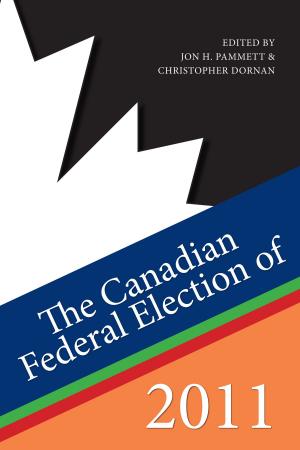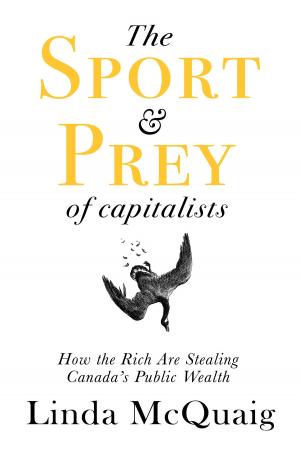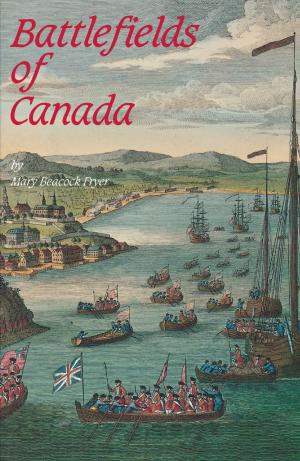The Canadian General Election of 1997
Nonfiction, Social & Cultural Studies, Political Science, Government, Elections, Social Science| Author: | ISBN: | 9781554883141 | |
| Publisher: | Dundurn | Publication: | October 1, 1997 |
| Imprint: | Dundurn | Language: | English |
| Author: | |
| ISBN: | 9781554883141 |
| Publisher: | Dundurn |
| Publication: | October 1, 1997 |
| Imprint: | Dundurn |
| Language: | English |
The General Election of 1997 did not turn out as Jean Chretien and the Liberal Party had planned. Chretien called an early election, believing that his party was in a position to retain the majority they had won in 1993. They got their majority, but just barely.
When the campaign began, the focus for many Canadians was the economy and job creation. National unity, however, quickly became a key issue, and triggered the most heated debates of the campaign.
As was the case in 1993, the election of 1997 saw the country divided along regional lines. The Bloc Quebecois remained strong in Quebec, while the Progressive Conservatives and New Democrats dominated the maritime provinces. The Reform Party, meanwhile, won the west in a landslide, becoming the Official Opposition for the first time. It was Ontario, however, where the election was won: the Liberals won all but two seats in Canada's largest province, and in the end that was enough to carry Jean Chretien to victory.
The Canadian General Election of 1997 is a study of the key aspects of the campaign and the election itself. In addition to analyzing each party's campaign, authors examine the role of the media, pollsters, the electoral system, and the voters. Articles are contributed by some of the best-known political writers in Canada today: Anthony Westell, Stephen Clarkson, Peter Woolstencroft, Alan Whitehorn, Keith Archer, Faron Ellis, AndrÈ Bernard, Chris Dornan, Ed Greenspon, Michael Marzolini, and Louis Massicotte. This readable volume will appeal to an academic as well as a general readership, and is ideally suited for libraries and political science courses. New to this year's volume is a post-election survey by Jon Pammett.
The General Election of 1997 did not turn out as Jean Chretien and the Liberal Party had planned. Chretien called an early election, believing that his party was in a position to retain the majority they had won in 1993. They got their majority, but just barely.
When the campaign began, the focus for many Canadians was the economy and job creation. National unity, however, quickly became a key issue, and triggered the most heated debates of the campaign.
As was the case in 1993, the election of 1997 saw the country divided along regional lines. The Bloc Quebecois remained strong in Quebec, while the Progressive Conservatives and New Democrats dominated the maritime provinces. The Reform Party, meanwhile, won the west in a landslide, becoming the Official Opposition for the first time. It was Ontario, however, where the election was won: the Liberals won all but two seats in Canada's largest province, and in the end that was enough to carry Jean Chretien to victory.
The Canadian General Election of 1997 is a study of the key aspects of the campaign and the election itself. In addition to analyzing each party's campaign, authors examine the role of the media, pollsters, the electoral system, and the voters. Articles are contributed by some of the best-known political writers in Canada today: Anthony Westell, Stephen Clarkson, Peter Woolstencroft, Alan Whitehorn, Keith Archer, Faron Ellis, AndrÈ Bernard, Chris Dornan, Ed Greenspon, Michael Marzolini, and Louis Massicotte. This readable volume will appeal to an academic as well as a general readership, and is ideally suited for libraries and political science courses. New to this year's volume is a post-election survey by Jon Pammett.
